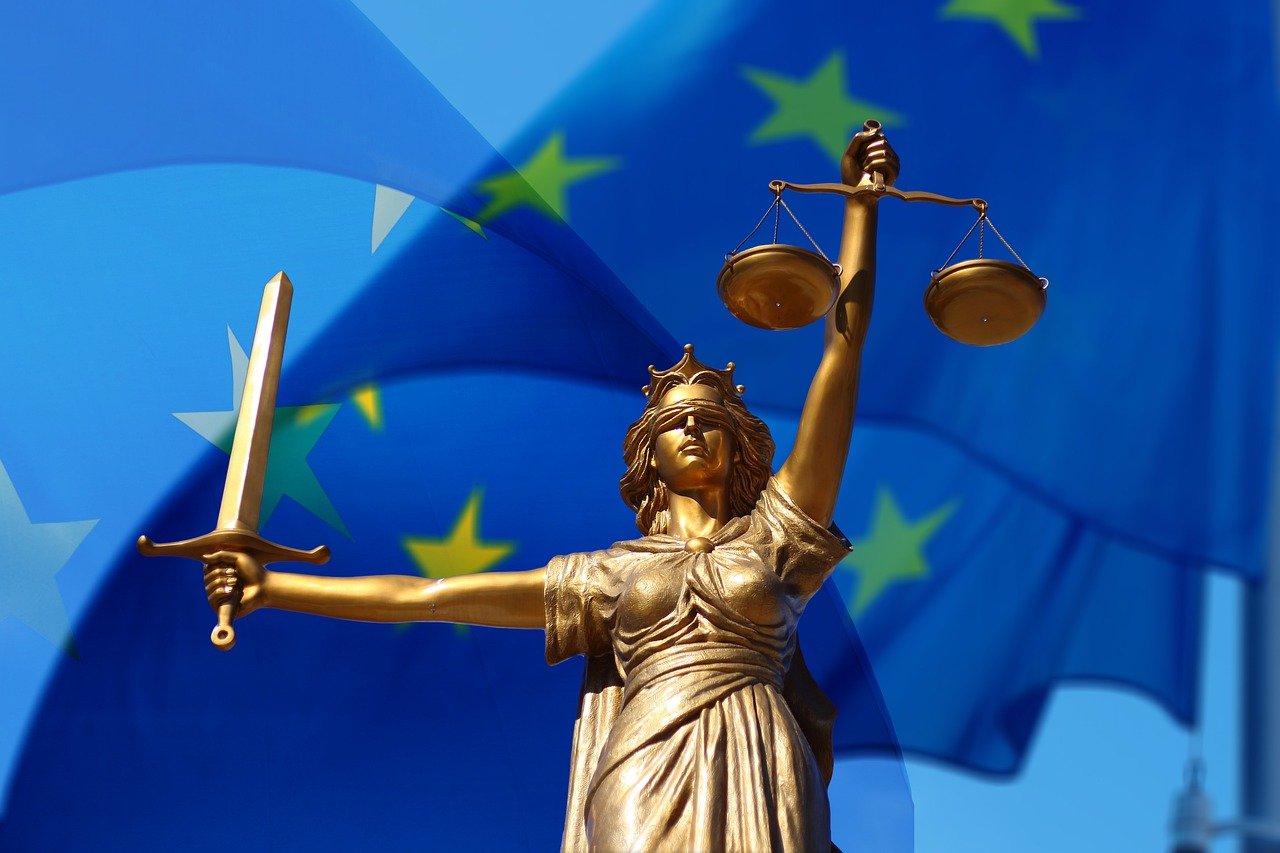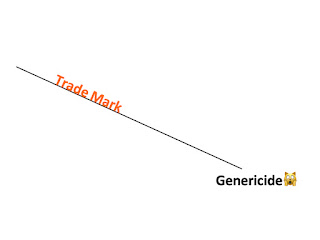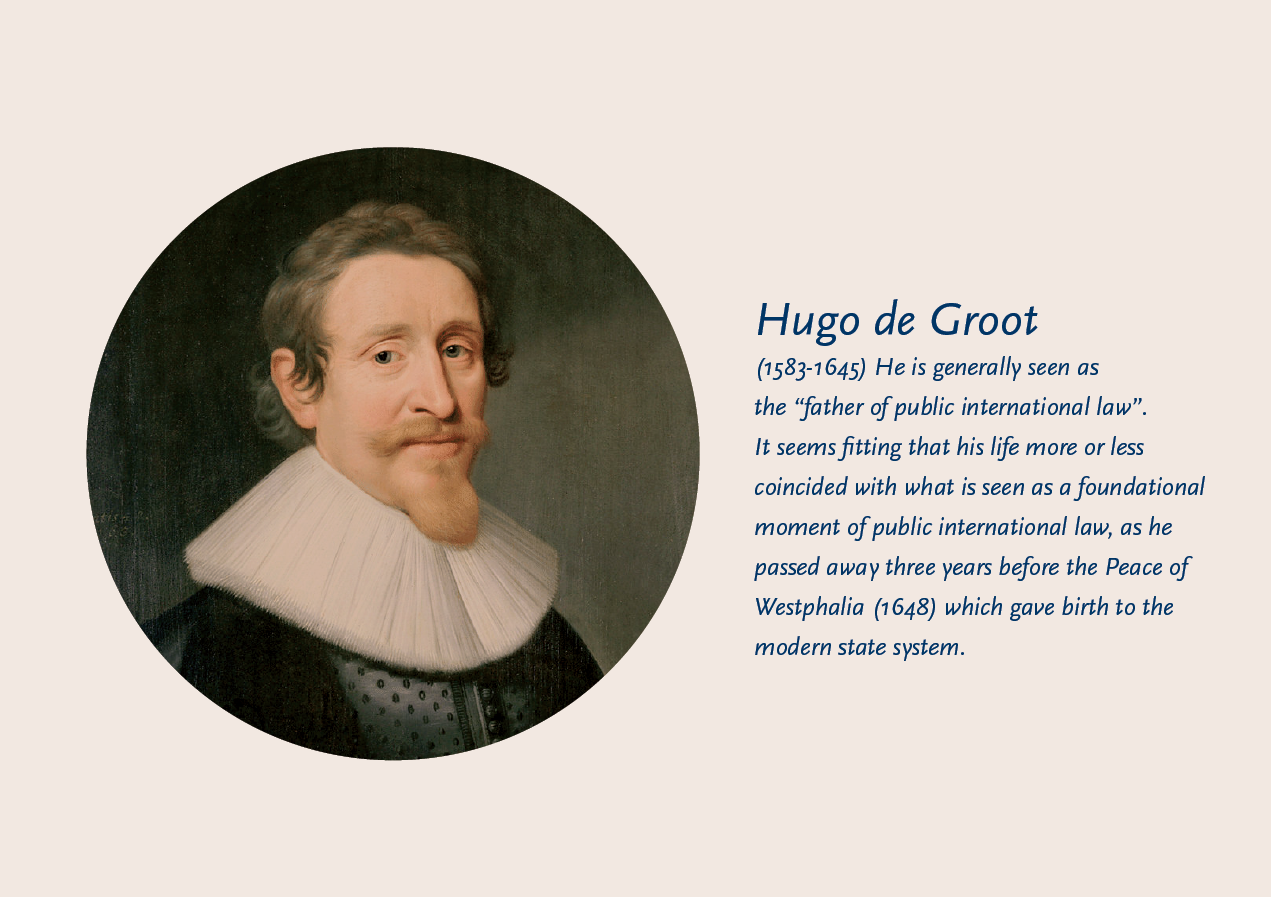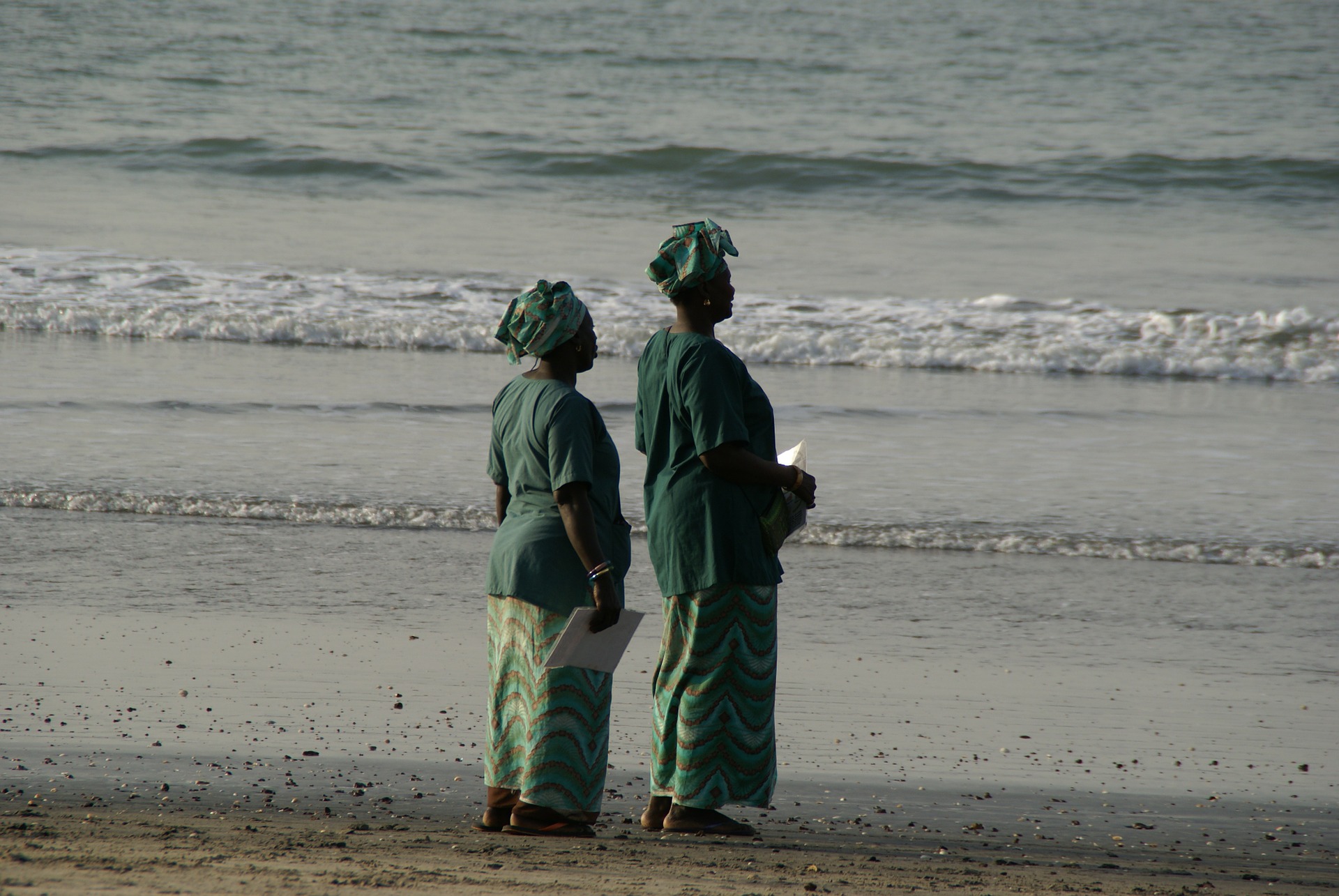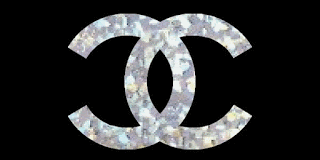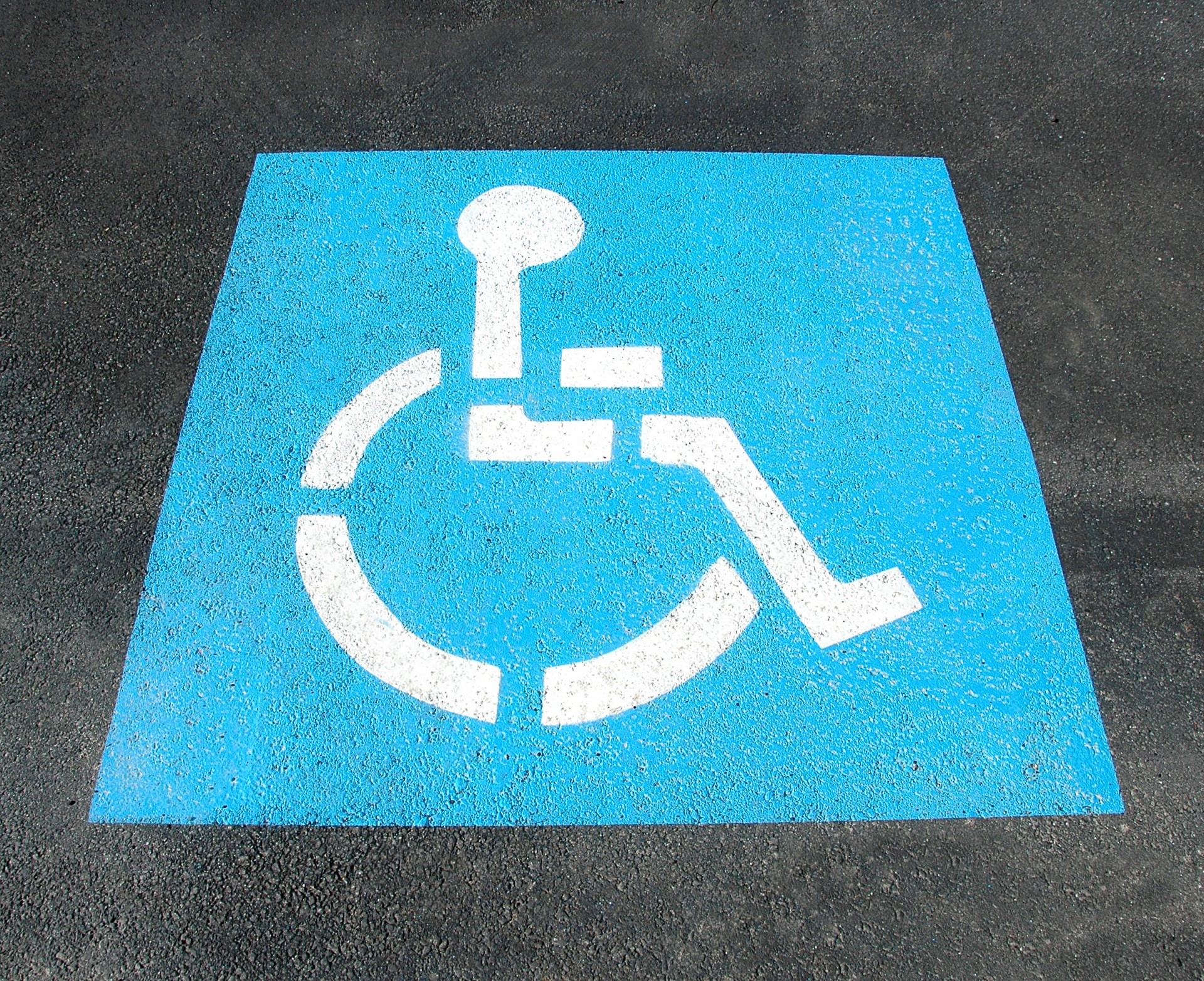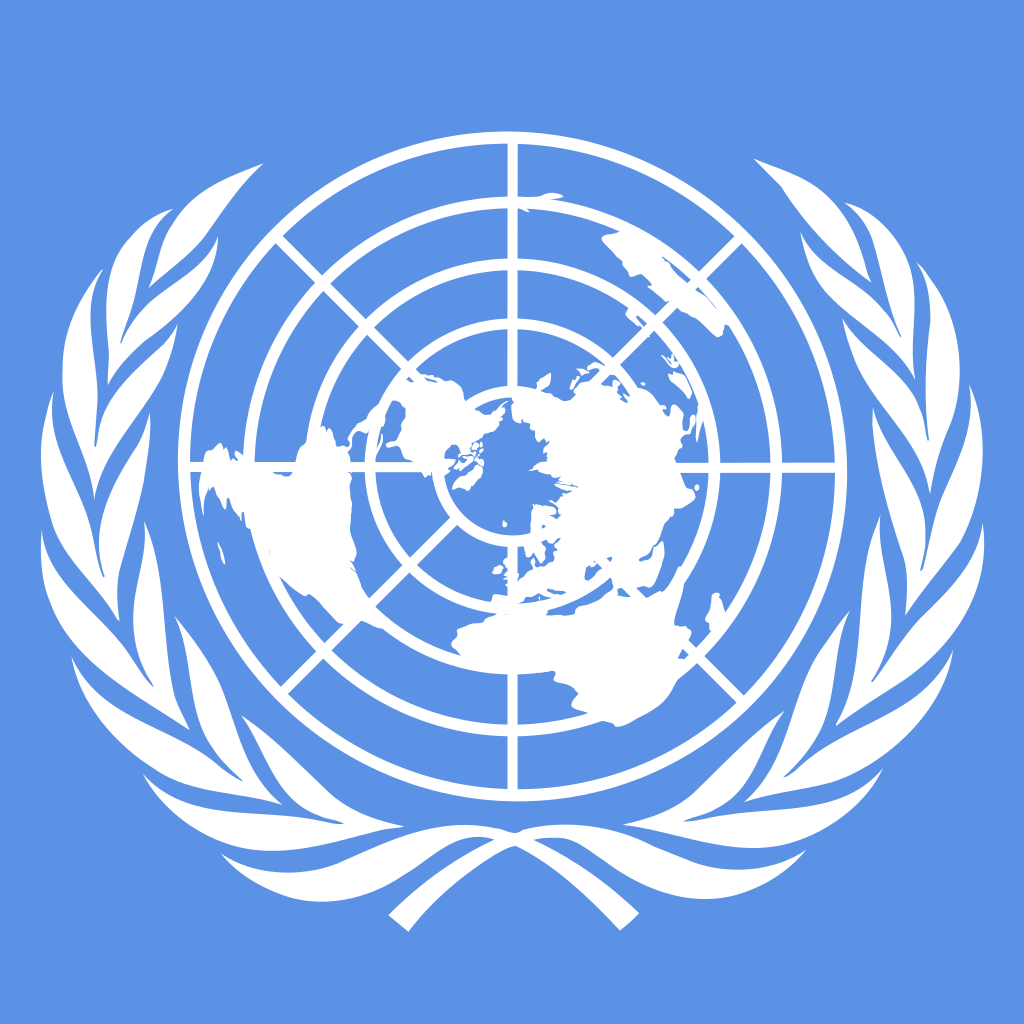Latest blog articles
-
A brief explainer about the ICJ case brought by South Africa against Israel
On 29 December, almost three months after the 7 October Hamas attacks on Israel and the ensuing Israeli military strikes on the Gaza Strip, which had by then resulted in the deaths of more than 21,000 people and more than...
-
What does the term ‘MOCCA’ evoke in your mind, a kind of coffee or a specific brand? This Kat randomly asked this question to her friends currently at the Max Planck Institute for Innovation and Competition Munich. Most of them regarded ‘MOCCA’ as a kind of coffee instead of a specific brand except...
-
Nobuki Yamamoto, a Japanese contemporary artist, made an eye-catching work of ‘goldfish swimming in a phone booth’ (‘Work 1’) by December 2000 at the latest. In October 2011, a student organisation called ‘Goldfish Club’ at Kyoto University of Art and Design produced Work 2 and exhibited it for a...
-
To any international lawyer, Hugo de Groot (10 April 1583 – 28 August 1645), usually referred to by his Latin name as Hugo Grotius, does not need any introduction. He is generally seen as the “father of public international law”, often together with Francisco De Vitoria (1483-1546) and Alberico...
-
Today, on Human Rights Day, the Peace Palace in The Hague will be the venue of the somewhat ironic spectacle of a Nobel Peace Prize laureate and global icon of human rights leading her country’s defence against allegations of genocide, the most serious violation of human rights possible.
-
Recently, Chanel Co., Ltd. lost a trade mark infringement case regarding its ‘Double C’ logo in China. The full text of the decision can be visited via here (Google translatable). The case has drawn wide attention and, mostly, negative comments. Does this seemingly-counterintuitive loss indeed, well...
-
In 2011 the European Commission announced it would propose a “European Accessibility Act” in 2012. The “Act” was to be an EU instrument which would seek to ensure a free market in products and services which were accessible to people with disabilities.
-
The European Union is a party to the UN Convention on the Rights of Persons with Disabilities. This is the first and, thus far, the only human rights treaty to which the EU is a party. In accordance with Article 35 of the Convention, the EU submitted its State report on the steps which has taken to...
-
The European Union is a party to the UN Convention on the Rights of Persons with Disabilities. This is the first and, thus far, the only human rights treaty to which the EU is a party.
-
The European Commission, on behalf of the European Union (EU), monitors and checks on the transposition of EU legislation by Member States. Member States often have to report on the steps they have taken to comply with specific EU legislation and the Commission even occasionally initiates...
